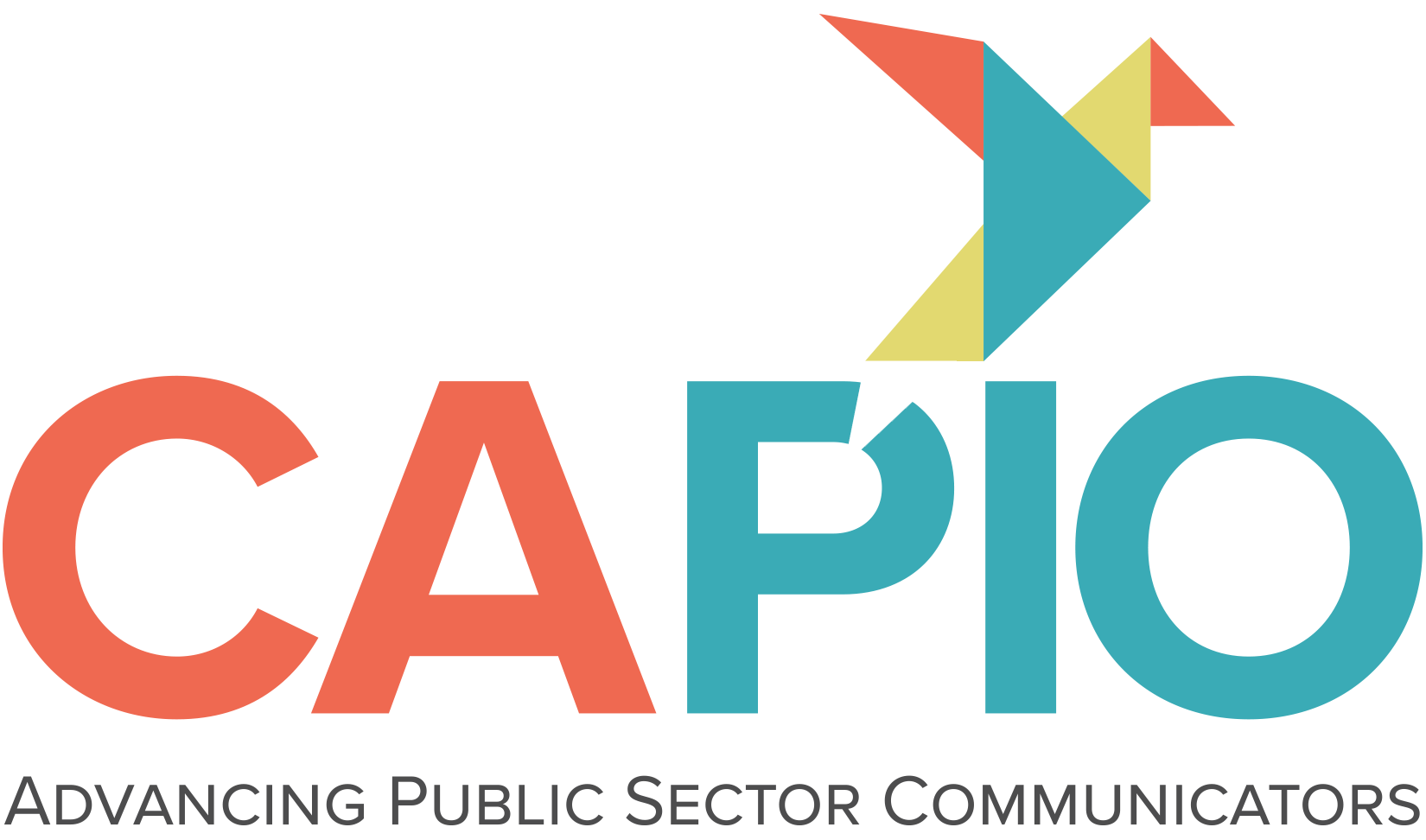Burnout and the PIO
Public communicators are no stranger to after-hours phone calls, evening events and an around-the-clock information cycle but the demands of an ongoing pandemic response put us in an extended crisis communications mode while also juggling the daily needs of our communities.
Public relations professionals, specifically, are at high risk of burnout due to the nature of the job making it more important than ever to know how to identify burnout so you can help yourself and team members recover from burnout—or avoid it completely.
 Karen Terrill, a long-time PIO veteran
and President of Survival Media Group, discusses burnout in an
exclusive interview with licensed forensic psychologist Dr. Tammy
Mcoy-Arballo. Dr. McCoy-Arballo specializes in treating emergency
responders and civilian government employees who experience
trauma, compassion fatigue, and burnout for the Counseling Team
International. She has responded to numerous large-scale critical
incidents including the Gilroy Garlic Festival shooting in 2019,
the Route 91 Harvest Festival in Las Vegas, and the Dec. 2, 2015
terrorist attack in San Bernardino. She is certified in Critical
Incident Stress Management (CISM) and is Eye Movement
Desensitization Reprocessing (EMDR) trained.
Karen Terrill, a long-time PIO veteran
and President of Survival Media Group, discusses burnout in an
exclusive interview with licensed forensic psychologist Dr. Tammy
Mcoy-Arballo. Dr. McCoy-Arballo specializes in treating emergency
responders and civilian government employees who experience
trauma, compassion fatigue, and burnout for the Counseling Team
International. She has responded to numerous large-scale critical
incidents including the Gilroy Garlic Festival shooting in 2019,
the Route 91 Harvest Festival in Las Vegas, and the Dec. 2, 2015
terrorist attack in San Bernardino. She is certified in Critical
Incident Stress Management (CISM) and is Eye Movement
Desensitization Reprocessing (EMDR) trained.
What are the symptoms of burnout and how do we know we have it?
 Burnout is a slow erosion of
psychological and physical resources. It is a state of mental,
emotional, and physical exhaustion. Procrastination, fatigue,
cynicism, lateness, difficulty experiencing anything resembling
happiness, pessimism, a sense of a foreshortened future,
loss of satisfaction in your career or your life, and questioning
your faith. And the interesting aspect about burnout, it just
doesn’t happen in a heartbeat. It happens slowly over time, a
slow erosion, that’s why it’s so hard to see it, you don’t feel
the changes as they happen. But someone who hasn’t seen you
in months will say, oh my gosh, you’ve changed, something’s
different. You were never that cynical before, you were
usually right on time, gosh you used to be such an optimistic
person.
Burnout is a slow erosion of
psychological and physical resources. It is a state of mental,
emotional, and physical exhaustion. Procrastination, fatigue,
cynicism, lateness, difficulty experiencing anything resembling
happiness, pessimism, a sense of a foreshortened future,
loss of satisfaction in your career or your life, and questioning
your faith. And the interesting aspect about burnout, it just
doesn’t happen in a heartbeat. It happens slowly over time, a
slow erosion, that’s why it’s so hard to see it, you don’t feel
the changes as they happen. But someone who hasn’t seen you
in months will say, oh my gosh, you’ve changed, something’s
different. You were never that cynical before, you were
usually right on time, gosh you used to be such an optimistic
person.
Burnout affects your family life and your social life. It leads to changes in the body, making it vulnerable to illness. Burnout often can result in symptoms of depression and anxiety. Symptoms include:
- Poor productivity
- Apathy
- Guilt over mistakes
- Inability to concentrate/ memory problems
- Increase in errors
- Loss of energy
- Feeling tired all the time
- Feeling depressed
- Feeling anger all the time
- Isolating from loved ones
- Increase in aggression
- Insomnia
- Increase use of alcohol/drugs
- Reckless driving
What can we do to prevent getting it in the first place?
Take care of yourself! As we work from home more, we tend to work longer hours. Knock it off. Set healthy boundaries; eat right, sleep for eight hours; do things for fun; get out of the house; take breaks at work; engage in daily self-care; learn about and engage in mindfulness practices; put the phone/laptop/ipad down. Watch the booze, the sugar and the junk food.
If we believe we have burnout, what should we do?
Do all the things we just discussed. If you feel these things aren’t helping, make some couch time with a mental health professional.
Is there a stigma attached to burnout? If we use a mental health professional who contracts with our agency, will it go into our employment file?
I think most people feel uncomfortable about admitting they are struggling. Which is unfortunate because stigma prevents people from reaching out for the support and help they need. Misery is optional. Get the help you need so you can live the life of your dreams. If you decide to see a mental health professional, California has a lot of laws that protect your confidentiality. Psychologists in California cannot violate doctor-patient confidentiality unless you are a danger to yourself or others or you harm a child or an elderly person.
What should we do if I believe a member of our team is suffering from burnout?
Reach out to them. Be a friend. Listen. Provide support. Encourage them to seek help.
Anything you want to add?
This has been a stressful year for PIOs. Please know that it’s OK not to be OK. Don’t beat yourself up for not being perfect. Perfect is boring and unattainable. Don’t aspire to be perfect, aspire to be healthy.
- Set professional/personal boundaries
- Fight for the life you want
- Get a checkup from the neck up
- Remember misery is optional
A final note from Karen
Please remember, if you are experiencing burnout, it is understandable. You are a normal person, working under abnormal circumstances. Please reach out for help. You could start with your Human Resources Officer, or your supervisor, or search the web for support in your area. If your community is still shut down, there is help available on-line or on the phone. Please be safe and take care of yourself.
View Dr. Mccoy-Arballo’s past webinar, “Coping and Communicating with Compassion.”
